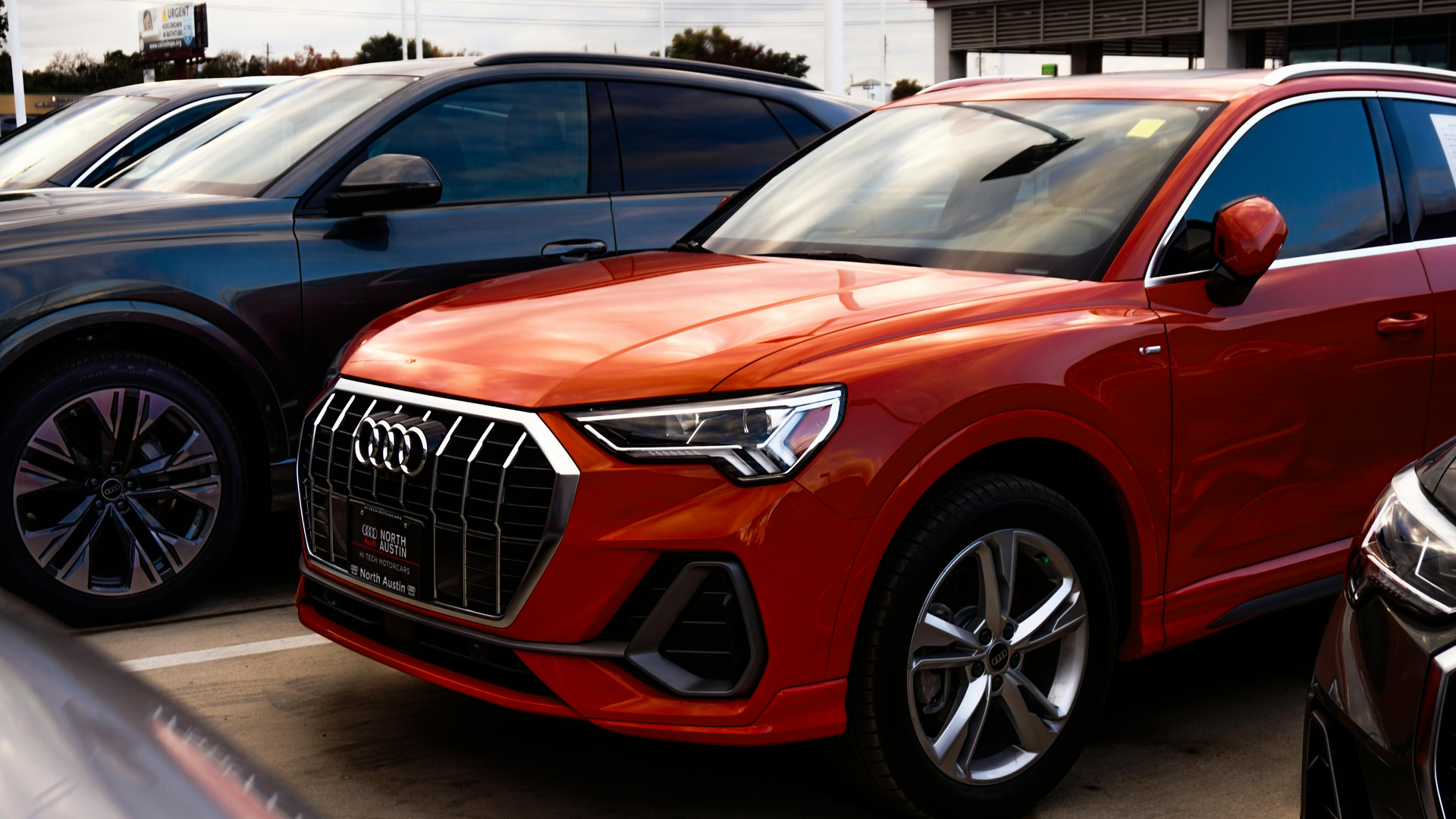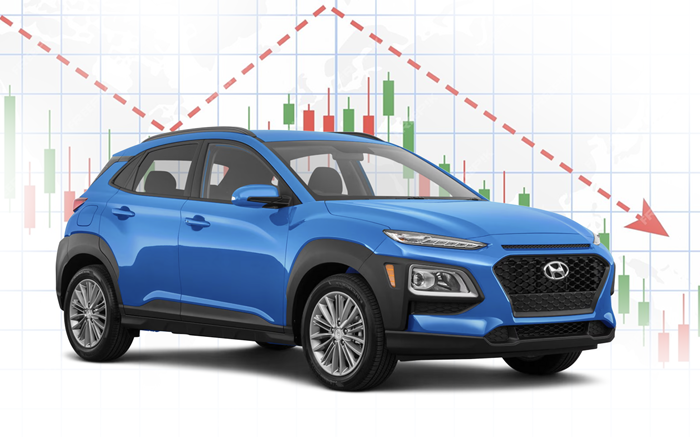Car Market Value vs Car Market Price
A Clear Guide for Buyers and Sellers

Introduction
Understanding Car Market Value and Car Market Price
Whether you’re buying a car or selling one, knowing the difference between car market value and car market price can save you both time and money. These two terms are often misunderstood, yet they hold the key to making informed decisions. While car market value is a data-driven estimate of a vehicle's worth, car market price is influenced by real-world factors like negotiation and timing.
This guide will help you understand the distinction and show you how to leverage both for better outcomes when navigating the car market.
What Is Car Market Value?
Car market value refers to the calculated worth of a car based on objective factors like its make, model, age, mileage, and condition. Valuation tools such as Redbook, Carsales, and Kelley Blue Book assess these factors to determine what the car should be worth under normal market conditions.
Key factors affecting market value:
- Depreciation: Newer cars lose value faster in the first few years.
- Condition: Well-maintained cars with no damage fetch higher values.
- Demand: SUVs and hybrids tend to hold their value better due to high demand.
Example:
A 2019 Mazda CX-5 in good condition with 50,000 km might have a car market value of
$35,000 based on these criteria.
Related Reading: Explore how depreciation impacts car market value
What Is Car Market Price?
The
car market price, on the other hand, is the actual amount a buyer is willing to pay for a car. It’s influenced by factors beyond the car’s condition, such as the urgency of the seller, seasonality, and even location.
Key factors influencing market price:
- Negotiation: Buyers and sellers adjust the price based on their leverage.
- Timing: High demand seasons, like tax refund time, can push prices higher.
- Local Trends: Cars in metropolitan areas often fetch higher prices than rural locations.
Example:
The same 2019 Mazda CX-5 might sell for $33,000 if the buyer negotiates aggressively or $37,000 during a competitive peak-demand season.
Learn More:
Why timing matters in the car market
How to Determine a Car's Market Value and Price
Here are steps to accurately gauge both the car’s value and its realistic price:
- Use Valuation Tools: Platforms like Redbook and Carsales or provide accurate car market values.
- Analyse Local Listings: Compare similar cars in your area to identify typical market prices.
- Factor in Timing: Seasonal trends can greatly impact market price.
- Highlight Unique Features: Added extras like advanced safety tech or recent servicing can justify a higher price.
Why Understanding Both Matters
For buyers, knowing the difference between value and price ensures you don’t overpay. For sellers, it helps you list your car competitively to attract buyers quickly.
Example for Buyers:
You find a 2020 Toyota Corolla valued at $22,000. Listings in your area show a market price range of $21,000 to $24,000. This gives you leverage to negotiate confidently within that range.
Example for Sellers:
You’re selling a
2021 Kia Sportage. Its value is $32,000, but local demand allows you to list it at a market price of $34,000. Understanding the difference ensures you maximise your return without scaring off buyers.
Factors That Affect Both Value and Price
Several factors impact both car market value and price:
- Supply and Demand: Popular models retain value better.
- Economic Conditions: Rising fuel prices can reduce the value of fuel-inefficient vehicles.
- Seasonality: Convertibles may fetch higher prices in summer but struggle in winter.
Final Thoughts
A Smarter Way to Navigate Car Market Value and Price
Understanding car market value and car market price is essential for anyone buying or selling a vehicle. These two terms may overlap, but they play distinct roles. Knowing the value gives you a starting point, while understanding the price lets you adjust for real-world factors like negotiation and demand.
Whether you’re selling privately or through a dealer, understanding these differences can guide your pricing decisions.
Learn the pros and cons of selling your car privately vs. to a dealer
By using valuation tools, analysing local trends, and staying informed, you can confidently navigate the car market and make the most of your transaction—whether you’re the buyer or the seller.
For a fast and hassle-free selling experience, discover how we simplify the car selling process.












